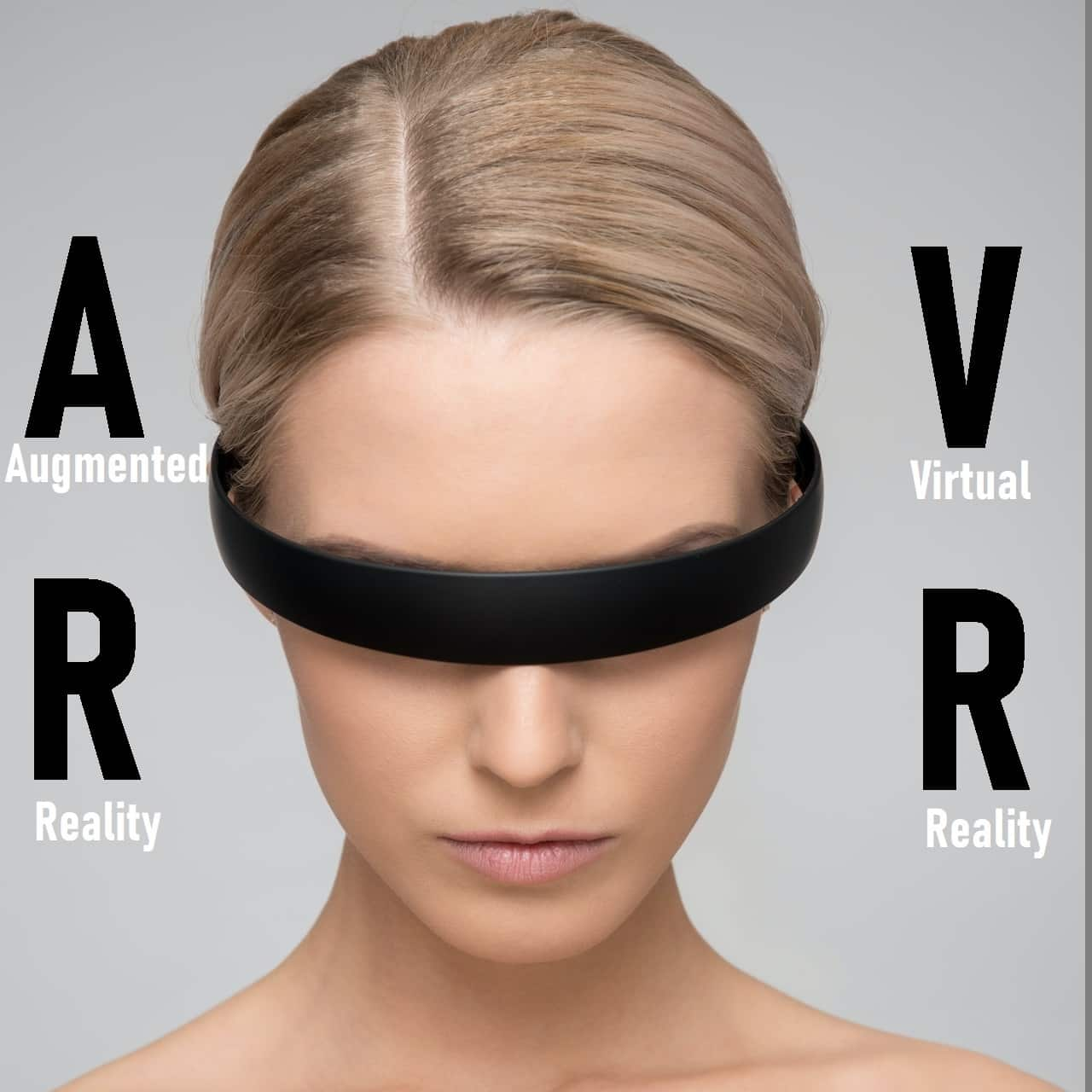Healing in the Metaverse: Virtual Reality in Therapy and Rehabilitation
In the world of healthcare, virtual reality (VR) has emerged as a powerful tool for treatment and therapy. From mental health therapy to physical rehabilitation, VR is providing new avenues for patient care.
VR and Mental Health
Psychotherapists are starting to incorporate VR into their practice, using it as a tool for exposure therapy in the treatment of anxiety disorders and PTSD. Patients can confront their fears and traumatic memories in a safe, controlled virtual environment.
Physical Rehabilitation with VR
VR is also showing promise in the field of physical rehabilitation. By making exercises more engaging and interactive, VR can motivate patients and improve their outcomes. For instance, patients recovering from a stroke can use VR to practice movement and regain their motor skills.
Pain Management
Studies have shown that VR can be an effective tool for pain management. The immersive nature of VR can distract patients from their pain, providing temporary relief without the use of medication.
Training and Education
In addition to patient care, VR is revolutionizing medical training and education. Medical students can practice surgeries in VR before performing them on actual patients, which can help improve their skills and confidence.
The Future of VR in Healthcare
As VR technology continues to evolve, its applications in healthcare are likely to expand. We may see more personalized VR therapies, greater use of VR in remote healthcare, and even VR tools for preventive care.
However, as with any new technology, it’s important to proceed with caution. Further research is needed to understand the long-term effects of VR usage, and ethical guidelines must be developed to ensure patient safety and privacy.











